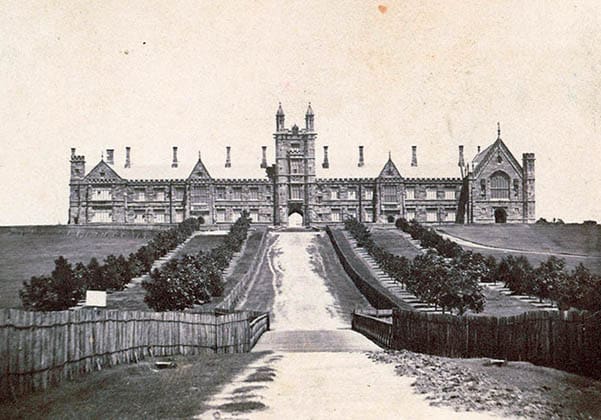In his oft-quoted 1921 interview with the New York Times, the industrialist Henry Ford declared that “History is bunk. What difference does it make how many times the ancient Greeks flew their kites?” Aside from this insult by Mr. Ford, I’ve received my fair share of ridicule from my own friends about choosing History as a major.
Society likes to imagine that our degrees exist in a pecking order. Supposedly, the higher the ATAR required for enrolment, the more challenging, valuable, and prestigious the course. So-called “job-ready” subjects are given pride of place in the Education Minister’s budget. Meanwhile, universities across the country have been relentless in slashing funding for the Arts. But even among students I have noticed a certain disinterest in History.
In the popular imagination, History is mainly thought of as the study of Kings, Queens, and the two World Wars. The discipline’s focus on documenting, analysing, and interpreting the past is an approach that is often mistaken for mere sentimentality and nostalgia. For many, the idea of studying dead people and events that have long since passed seems unappealing. That we should give so much thought to tradition and heritage seems out of step with the spirit of our age.
This is a misleading view of History. It is not confined to anachronistic subject matter. Instead, it’s a vast, wide-ranging field that combines detailed study of society, politics, economics, literature, language, and sometimes even science, under one umbrella. In my own studies, I have come across many obscure topics that at first seem devoid of meaning for the present-day, only to find that they provided insights into the world in which we live. I’ve learned that how old a certain subject-matter is should not be used as a yardstick for its relevance.
In my first semester, I took an amazing unit called Birth of the Present: The World Since 1750. We were assigned an article to read by famed Marxist historian E.P. Thompson about how the development of industrial capitalism redefined workers’ sense of time in the 17th century. His discussion of how various Indigenous peoples kept track of their day and English clock-making methods baffled me at first. What did the lives of people who lived in entirely different cultures, hundreds of years into the past, and thousands of miles away have anything to do with my own world?
It was explained that factory managers’ demanding expectations of their workers could help explain the fast-paced rhythms of contemporary life, as well as our tendency to schedule every moment of our day. Seemingly antiquated, centuries-old customs and practices in England would be exported around the world through imperialism and globalisation.
I realised that History is a lens through which we can see the hidden origins and dynamics of our contemporary world. Past injustices and power structures become much more apparent in the present. When we recognise that the contemporary world is just the sum of the past, we begin to see everything in a new light.
Students, such as myself, who are interested in politics, the economy, or foreign relations often decide to major in Politics and International Relations or Economics – seeing more value in their contemporary focus. At least anecdotally, those units seem to be more popular. But History can be just as illuminating in those fields of inquiry.
I contacted Dr David Brophy, Senior Lecturer in Modern Chinese History, to get a sense of how an academic might understand History, its relationship to other disciplines, and its place in our society.
“Depending on where your interests lie, history can intersect with a range of disciplines, because they all historicize to some degree,” he said.
“I see history as a way of thinking about connections between spheres that are often kept distinct – the economic, social, political etc., and adding depth to our perspective on these connections.”
In addition to the benefits of its multidisciplinary approach, Dr Brophy believes that History can also provide us with an enhanced perspective on international affairs. He studies far-flung places like China and Russia – parts of the world that are often misunderstood in Australia – and hopes to improve students’ understanding of how political interests shape historical perception of such places.
But perhaps the most important reason to study History is that it makes us question the status quo.
“History gives us a sense of today’s world not as something pre-ordained, but as the product of human activity, and that what’s been made can also be unmade.”
“It helps us to think about a different, maybe better world.”





